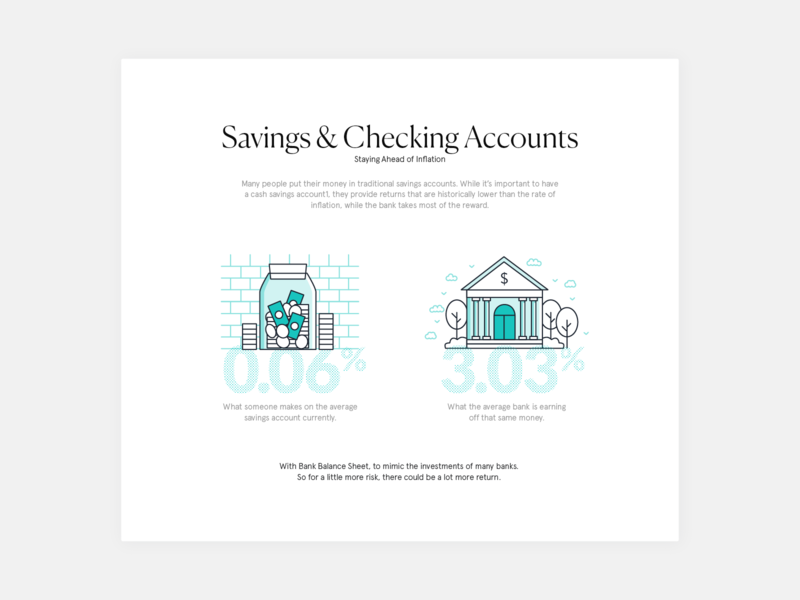The Financial Effect Of Defaulting On A Performance Bond
The Financial Effect Of Defaulting On A Performance Bond
Blog Article
Material Created By-
When a guaranty issues an efficiency bond, it ensures that the principal (the party who buys the bond) will certainly fulfill their responsibilities under the bond's terms. If the major falls short to meet these obligations and defaults on the bond, the surety is accountable for covering any kind of losses or damages that result.
1. Loss of credibility: Back-pedaling an efficiency bond can damage the principal's credibility and integrity, making it harder to secure future company or financing.
2. Legal and management expenses: The surety might need to pay legal and administrative prices connected with going after the principal for damages or attempting to correct the scenario.
3. Economic losses: The surety might need to cover the cost of completing the project or offering the solutions that the principal stopped working to deliver. This can lead to significant financial losses for the surety.
4. Raised costs: If the principal has a background of back-pedaling performance bonds, they might be required to pay greater premiums in the future to obtain the required bonding.
Generally, defaulting on an efficiency bond can have severe financial repercussions for both the principal and the guaranty. It is necessary for principals to very carefully consider their commitments and ensure they are able to fulfill the regards to the bond to avoid these negative results.
Defaulting on an efficiency bond can be an expensive misstep for organizations. When https://www.courthousenews.com/audit-7-4-billion-needed-for-california-k-12-school-repairs/ fail to fulfill the bond's commitments, the financial repercussions can be significant. From paying the full bond amount to possible lawful fights and damaged connections, the effects can resound throughout your service procedures. Understanding the complex internet of economic impacts that back-pedaling an efficiency bond can have is crucial for securing your company's financial health and credibility.
Financial Penalties for Defaulting
If you back-pedal an efficiency bond, you'll likely encounter substantial financial penalties. These penalties can differ depending upon the regards to the bond contract however usually include paying the bond amount in full to the obligee. This suggests that if you stop working to satisfy your contractual commitments, you must pay the bond total up to the job owner or the entity that required the bond.
In addition, you might additionally be in charge of any extra costs sustained by the obligee due to your default, such as locating a substitute professional or covering project delays.
Defaulting on a performance bond can additionally cause legal charges and court prices if the obligee determines to take lawsuit against you to recoup the bond quantity. These expenditures can swiftly build up, additional exacerbating the monetary impact of your default. It's essential to thoroughly assess and recognize the terms of the efficiency bond to prevent these extreme punitive damages.
Impact on Company Capital
Defaulting on a performance bond can dramatically influence your company capital, affecting financial security and operational capabilities. When you back-pedal a performance bond, you run the risk of shedding the bond quantity, which can be a significant sum. This loss straight affects your capital, as you'll require to locate alternative sources of funding to cover the bond amount. Additionally, skipping can cause increased scrutiny from sureties, making it more challenging and much more expensive to safeguard bonds in the future. This can further stress your capital as you may need to allot additional sources to meet bonding requirements.
The effect on your capital does not quit there. Defaulting on an efficiency bond can also lead to project hold-ups or cancellations, leading to a loss of revenue. Additionally, the negative credibility that comes with skipping can hinder possible customers, better reducing your cash flow. Overall, defaulting on a performance bond can have damaging effects on your business's monetary health and capability to operate efficiently.
Legal Ramifications and Lawsuits
Dealing with legal ramifications and possible suits as a result of back-pedaling a performance bond can substantially impact your company's reputation and monetary standing. When Find Out More -pedal a performance bond, the guaranty business may take legal action to recoup the bond quantity paid. This might result in pricey legal charges, court costs, and potential negotiations or judgments against your service.
Furthermore, back-pedaling an efficiency bond might cause harmed partnerships with clients, subcontractors, and providers, impacting your ability to secure future agreements. Claims developing from bond defaults can tarnish your company's reliability in the industry, making it challenging to bring in brand-new partners or clients.
In addition, if the default leads to a court judgment against your service, it might cause property seizure or liens, even more stressing your economic security. As a result, it's critical to understand the legal effects of back-pedaling a performance bond and take aggressive actions to minimize the dangers entailed.
Verdict
As you face the effects of defaulting on an efficiency bond, remember this: it's like walking a tightrope without a safety net. One wrong action can send you dropping into an economic freefall, without any method to stop the loss.
The punitive damages, capital impact, and lawful implications are all waiting to capture you if you blunder. So step thoroughly, and constantly honor your commitments to avoid the harsh consequences of default.
